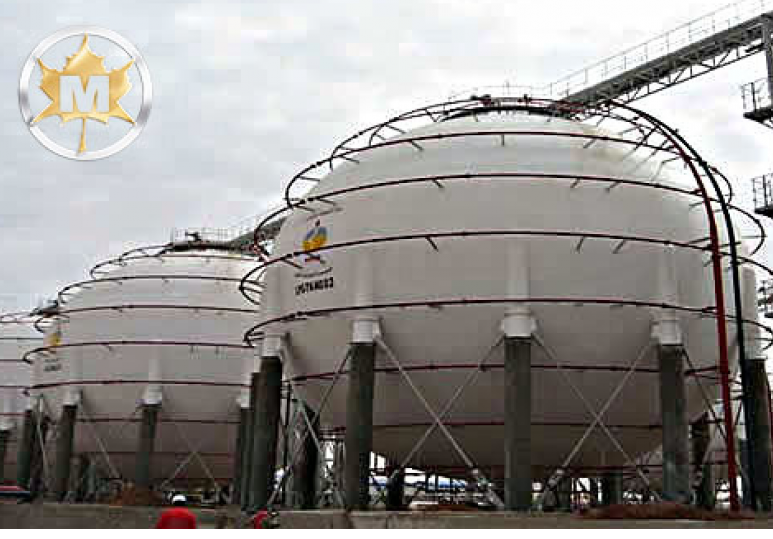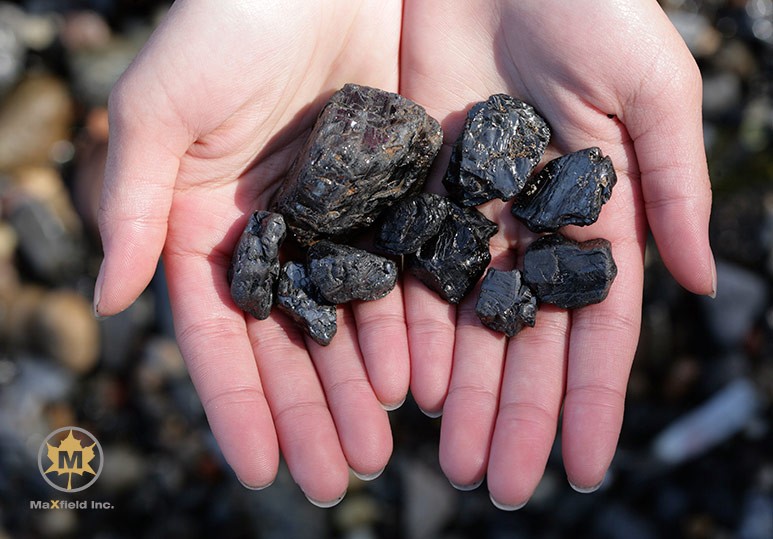Whether it’s being transported on Alberta highways or when it’s being used for your barbecue on your deck, liquefied petroleum gas (LPG) is contained in a cylindrical or spherical structure. The reason why a spherical type shape is used to contain hydrocarbon gases and other fuels is simple, they are structurally stronger. Continue reading this week’s blog to find out more about the strength of manufactured pressure vessels at MaXfield.
LPG is a pressurized type of hydrocarbon gas and is highly flammable. The most common use for LPG is still for vehicles because it burns better than diesel or gasoline. Furthermore, LPG is more energy efficient, cheaper than gasoline and has a lower impact on the environment. The majority of people will recognize LPG for use with their barbecues. Propane is never used outside of a cylindrical shaped pressure vessel, unlike gasoline, which in smaller amounts can be transported in containers with corners. For example, if you’ve ever had the unfortunate headache of your car running out of gasoline, you’ve probably used a jerry can to transport the fuel. In small amounts, gasoline can be safely transported in a non-cylinder shaped container.
For storing and transporting fuels such as, LPG, gasoline and ammonia, the strongest and safest structure is spherical in shape. Ultimately, spheres have no corners which results in zero weak points in the pressure asset. The strength of the spherical shape allows it to neutralize internal pressure that is applied from every direction, making the pressure vessel more stable. This neutralized internal pressure also allows the pressure asset to have greater volume capacity and essentially store more fuel. The tanks are never filled completely with fuel, especially in the case of LPG. The pressure assets are commonly filled at 80-85% capacity, allowing room for thermal expansion of the contained gas.
There is no questioning the structural strength that a spherical pressure vessel offers; however, the shape alone does not guarantee that it will safely store fuel. That’s where MaXfield comes in. Several engineering challenges have to be overcome when building a pressure asset. The minimum metal thickness, welding, nozzles and the skid for transport are just a few design aspects that need attention.
For more information on MaXfield’s line of pressure vessels and custom manufactured pressure assets, contact our sales centre in Calgary at (403) 258-3680.






